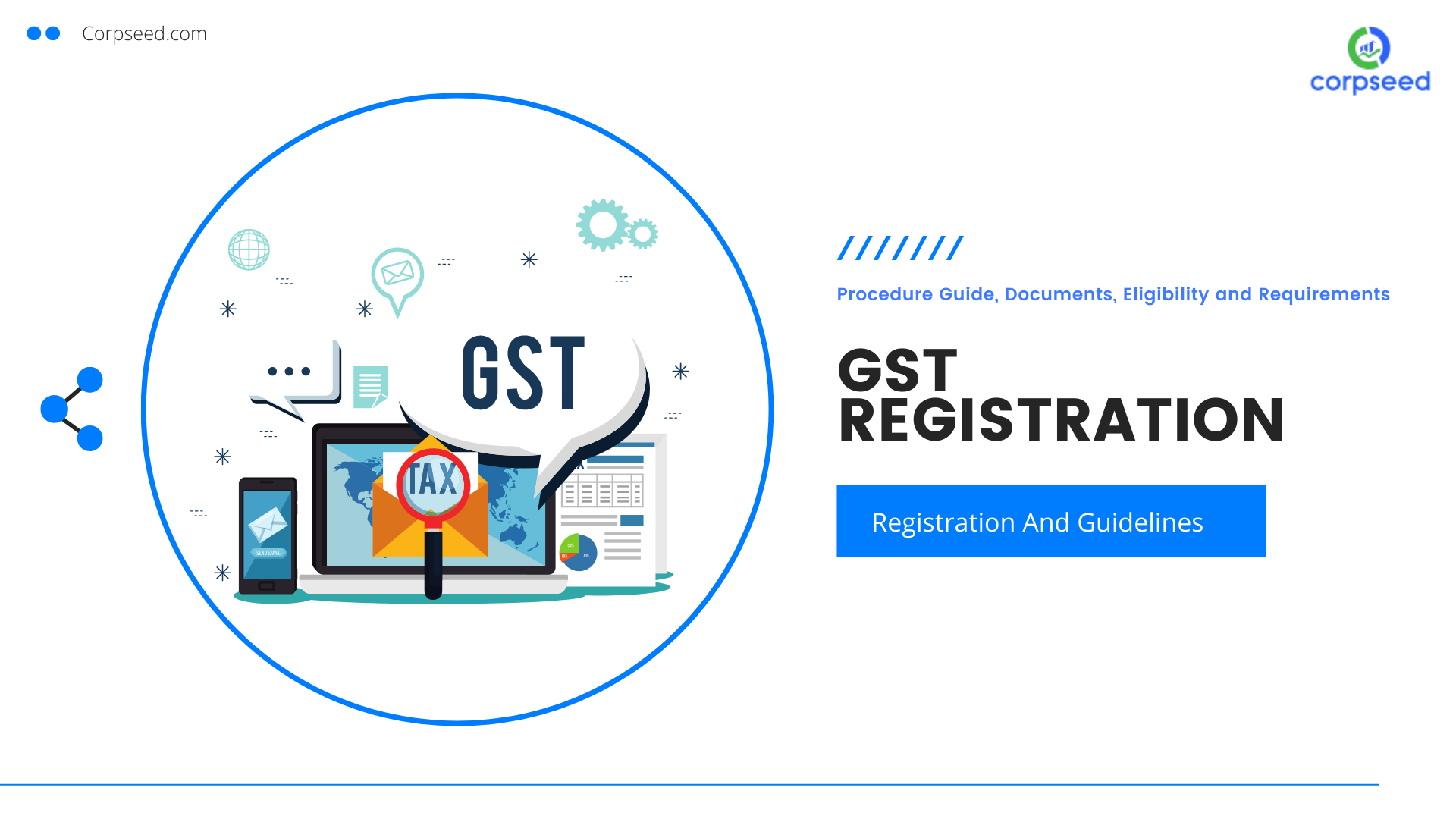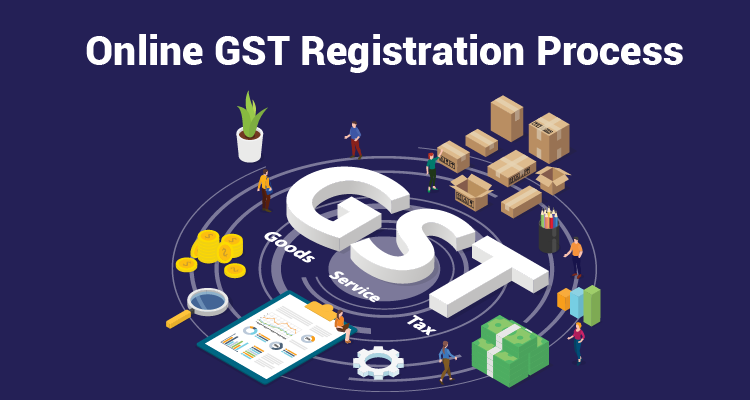How to Navigate Singapore GST Registration for Your Firm
How to Navigate Singapore GST Registration for Your Firm
Blog Article
Navigating the Complexities of GST Registration: Professional Tips and Best Practices for Smoother Conformity
Navigating the detailed landscape of Item and Solutions Tax (GST) registration demands a keen understanding of the developing regulatory framework and precise attention to information. As services aim to make certain compliance and stay clear of mistakes, professional advice and finest methods can work as important compass factors in this complex terrain. From understanding registration needs to utilizing technical tools for structured processes, the journey towards smoother GST conformity is nuanced and diverse. Remain tuned to uncover necessary approaches and insights that can assist businesses guide with the complexities of GST registration with finesse and confidence.
Recognizing GST Registration Needs

Along with turn over thresholds, companies participating in interstate sales or supplying taxable solutions may additionally be required to register for GST, also if their turnover is below the recommended restriction (Singapore GST Registration). Comprehending these thresholds and requirements is vital to prevent penalties and make sure smooth operations within the legal structure
Moreover, companies need to collect and prepare the required documentation, such as proof of identification, address, service unification, and bank account details, prior to initiating the GST enrollment procedure. Failing to give accurate information or meet the registration due dates can cause fines or other lawful effects. Consequently, organizations need to stay notified about the particular GST enrollment demands appropriate to their operations to keep compliance and avoid possible issues.
Organizing Necessary Documentation
Businesses starting the GST enrollment process should thoroughly put together and organize the crucial paperwork required for submission. The essential papers commonly needed for GST enrollment include evidence of business registration or address, identification and unification proofs of the business owners or partners, bank account information, evidence of major business, and consent forms. Ensuring that these records are conveniently available and arranged can enhance the enrollment procedure and prevent beings rejected or delays.
To properly organize essential documents, services should produce a central system for saving and classifying the called for paperwork (Singapore GST Registration). Making use of electronic storage space remedies can assist maintain very easy accessibility and make certain that papers are safely stored. Additionally, developing a list of all essential papers can act as a valuable device to track what has actually been collected and what is still required for submission

Leveraging Modern Technology for Performance
Enhancing functional efficiency with technological assimilation is paramount for contemporary businesses navigating the complexities of GST registration. Leveraging modern technology can streamline procedures, lower errors, and guarantee timely conformity with GST regulations. One of the key ways innovation can aid in GST enrollment is through the use of automated software application solutions. These tools can aid organizations track sales, produce invoices, determine taxes, and submit returns accurately. By automating these tasks, companies can conserve and reduce manual errors time that would certainly or else be spent on recurring administrative job.
Additionally, technology can assist in seamless interaction with tax obligation authorities. On-line websites and communication tools enable companies to submit files, solve queries, and receive updates in a more efficient manner. This not only speeds up the enrollment procedure yet likewise aids in maintaining trusted and transparent communication with the pertinent authorities.
Furthermore, cloud-based storage space remedies give a protected system for businesses to store and access their financial data, ensuring conformity with GST record-keeping requirements. By systematizing information storage space and automating procedures, companies can improve their general efficiency and precision in GST see here registration treatments.
Proactive Conformity Surveillance

To guarantee effective proactive compliance monitoring, organizations must establish durable inner controls, conduct periodic audits, and leverage automation devices for real-time monitoring of GST deals. Normal training sessions for workers on GST conformity requirements can also aid in developing a culture of conformity within the company. In addition, engaging with tax professionals or specialists can provide valuable understandings and assistance on navigating intricate GST laws.
Involving With Professional Professionals
Involving experienced tax consultants can dramatically boost a firm's understanding and conformity with detailed GST regulations. Professional consultants bring a riches of expertise and experience to the table, helping businesses navigate the complexities of GST registration with convenience. By leveraging their proficiency, firms can make certain accurate filings, lessen the threat of errors, and remain current with the latest regulatory This Site changes.
When engaging with expert consultants, it is necessary to select experts with a solid record in GST conformity (Singapore GST Registration). Try to find professionals that have a deep understanding of the appropriate regulations and laws, as well as experience dealing with services in your industry. Efficient interaction is type in this collaboration, so ensure to plainly specify your assumptions and develop routine touchpoints to discuss progress and attend to any worries
Moreover, professional professionals can provide useful understandings and recommendations on enhancing your tax method, identifying prospective cost-saving chances, and improving your compliance processes. On the whole, buying specialist working as a consultant solutions can go a lengthy method in guaranteeing smoother GST compliance and staying clear of pricey errors.
Conclusion
In final thought, navigating the complexities of GST enrollment requires a complete understanding of the demands, organization of vital documentation, leveraging modern technology for efficiency, positive compliance monitoring, and interaction with professional specialists. By adhering to these best methods, businesses can ensure smoother conformity with GST policies and avoid possible penalties or fines. It is necessary to remain informed, proactive, and attentive in handling GST registration to keep conformity and promote financial stability.
To guarantee compliance with tax guidelines, companies need to thoroughly recognize the detailed demands for GST registration. Goods and Provider Tax Obligation (GST) is a value-added tax obligation imposed on the majority of products and services in a nation, making it crucial for services to see this here sign up for GST to avoid legal effects.In addition, organizations should collect and prepare the essential documentation, such as proof of identification, address, organization incorporation, and financial institution account details, before starting the GST enrollment process. Companies need to stay informed about the specific GST enrollment needs suitable to their procedures to keep compliance and avoid possible concerns.
The essential records normally needed for GST registration include proof of company enrollment or incorporation, identity and address evidence of the business proprietors or partners, financial institution account information, evidence of major location of service, and authorization types.
Report this page